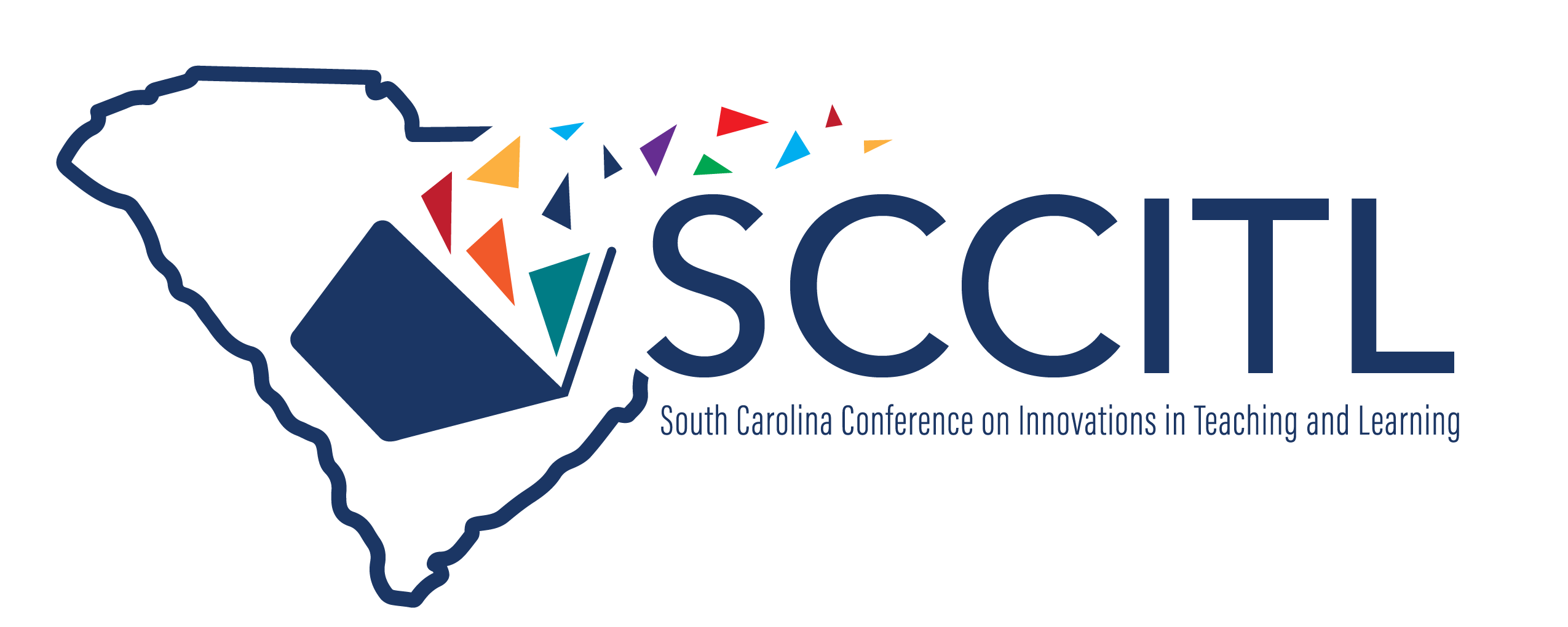Understanding Trauma to Start Connecting the Dots
Proposal Format
75-minute Workshop
Track Choices
Wellness and Trauma Informed Teaching
Abstract
Explore types of trauma, ACES and recognize the impact of trauma in our students, peers and ourselves which is pivotal for the work we do. Through this session, we will explore how our trauma responses show up in individuals and how to navigate personal and professional systems. Understand how our stress responses are adaptive by nature, but become maladaptive when we lose the ability to cope. Reflect on our circle of control and begin to look at the neuroscience that impacts our ability to engage in healthy ways.
Keywords
ACES, trauma, neuroscience
Speaker Bio
Karen Beaman is the EDU Director for the Master in Education in Trauma-Informed Education. She has an Educational Specialist Degree and Master of Education in Educational Administration from the University of South Carolina. Her experience in the classroom as a teacher, instructional technology specialist, assistant principal, and serving as elementary school principal for a total of 28 years, she brings a wholistic administrative lens to understand the systemic issues facing educators and our students. Jennifer Dollar is the SOWK Director of the Master in Education in Trauma-Informed Education, the former Director of Social Work Field Education, and a Social Work Instructor at Columbia College. Jennifer received her Master of Social Work (MSW) at the University of South Carolina and her Bachelor of Arts in Psychology at Carson Newman University in east Tennessee. Jennifer worked as a Medical Social Worker for over eight years after completing her MSW and then shifted her social work career by becoming a School Social Worker for 16 years in Lexington/Richland School District Five.
Understanding Trauma to Start Connecting the Dots
Penny Hall, 210
Explore types of trauma, ACES and recognize the impact of trauma in our students, peers and ourselves which is pivotal for the work we do. Through this session, we will explore how our trauma responses show up in individuals and how to navigate personal and professional systems. Understand how our stress responses are adaptive by nature, but become maladaptive when we lose the ability to cope. Reflect on our circle of control and begin to look at the neuroscience that impacts our ability to engage in healthy ways.


